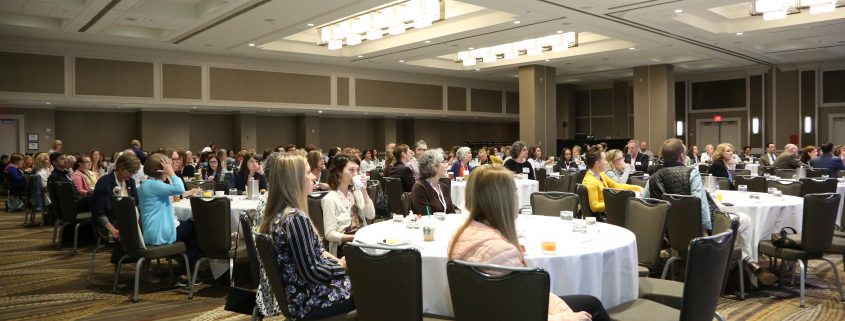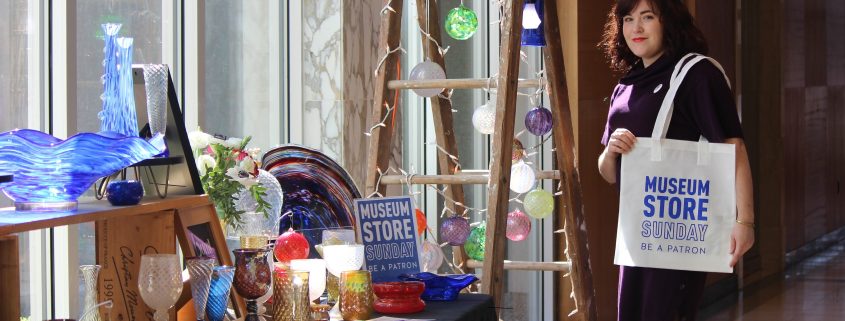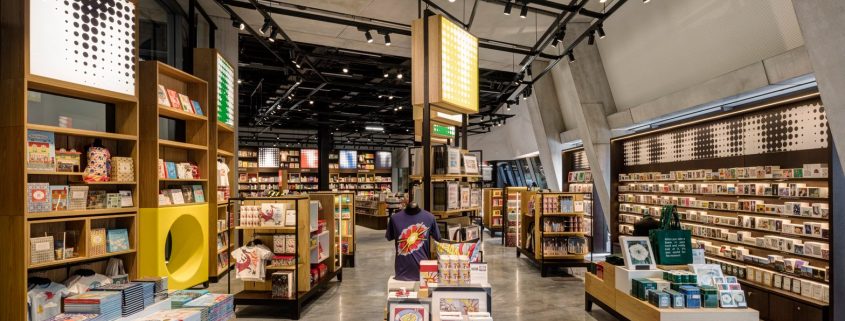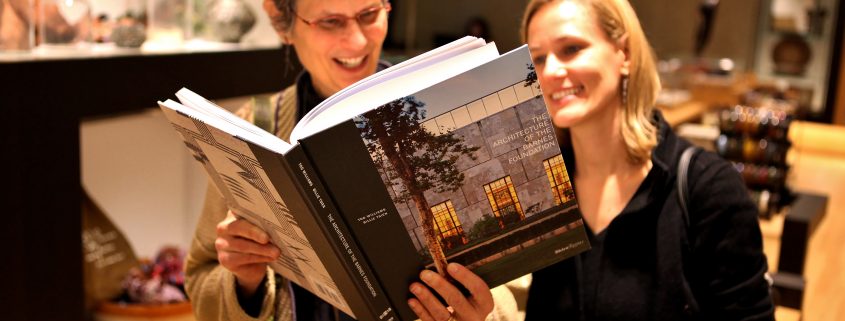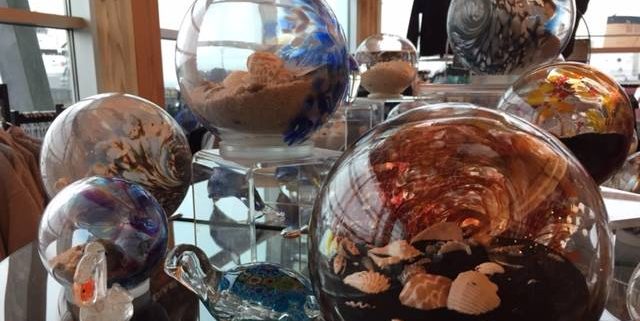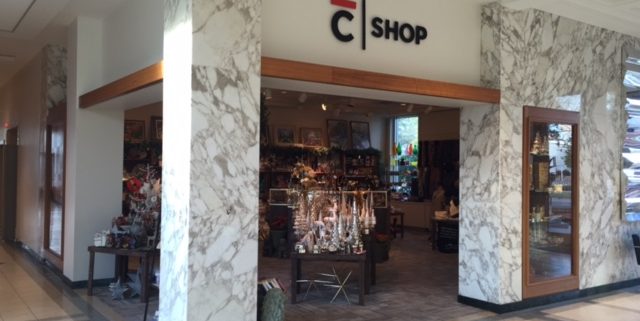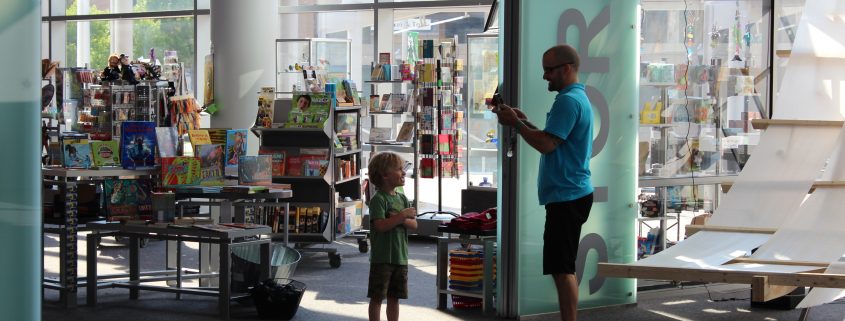MSA FORWARD 2018 – So much to learn!
May 21, 2018
By Barbara Liesenbein
This year I had the pleasure of attending my first MSA conference, and, as a relative newcomer to retail, the conference didn’t just meet my expectations — but far exceeded them! I attended MSA Boot Camp — where I learned not only many of the important metrics related to retail, but useful advice on store layout, negotiating with consignors, offering superior customer service, using signage as a selling tool, and creating compelling displays. As a result of this information-packed program offered by MSA at the Conference in Washington, I was able to bring back ideas that we are likely to implement in the near future. We especially liked the idea of displaying our top ten best-sellers, or staff favorites throughout the store with descriptive information encased in frames. It is such a quick, easy, and effective way to point out our most popular items. The Ritz-Carlton session inspired me not only to think of simple ways to improve customer service in general, but to implement small ways of providing exceptional service to individual patrons. Their focus on the quality of the customer’s experience can be brought to all levels of service for our institutions – and their training was truly inspiring.
All of the sessions were highly informative, and there was ample opportunity for networking with colleagues, which was especially important to me as a newcomer. Business meetings, cocktail hours, the gala party with the Silent Auction – so many new people to meet and talk to! I was warmly welcomed by the North Atlantic chapter and was quite impressed with the rapport its members had established with each other. Their enthusiasm for their work and for MSA was contagious!
Another thing that impressed me was the vendor-buyer forum, in which vendors work together with buyers to improve the process for both. I had not expected this level of cooperation and was very pleasantly surprised that the relationship really aims to balance both parties’ needs.
The depth of vendors was impressive–there seemed to be something to appeal to every type of museum and the vendors were quite helpful. The quantity of vendors was just right—not so overwhelming!
I am still processing everything that I learned at the conference and suspect that I will be doing so for quite some time. As a part-time newbie to the world of museum retail, I am grateful that my institution had the confidence in me and foresight to make the investment to send me to this conference. I would  encourage others to consider sending your part-timers as well. Your investment may reap multiple rewards.
encourage others to consider sending your part-timers as well. Your investment may reap multiple rewards.
Retired after a thirty- year career in academic librarianship, Barbara moved to New Hampshire where she became a docent for the Zimmerman House, a Frank Lloyd Wright-designed home owned by the Currier Museum of Art in Manchester.
Looking for a change of pace, she was hired as a part-time clerk in the museum shop, where she enjoys uniting customers with the perfect selection and interacting with people from around the world. She also serves as a part-time security officer at the museum, and recently became a museum docent as well.

